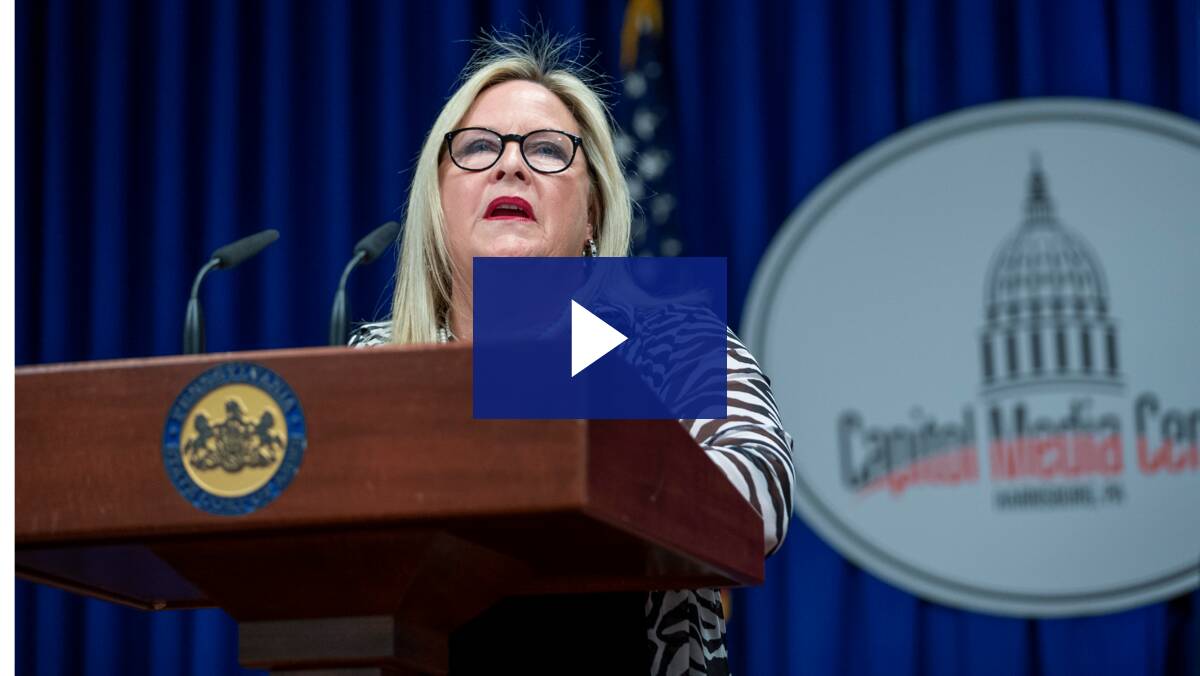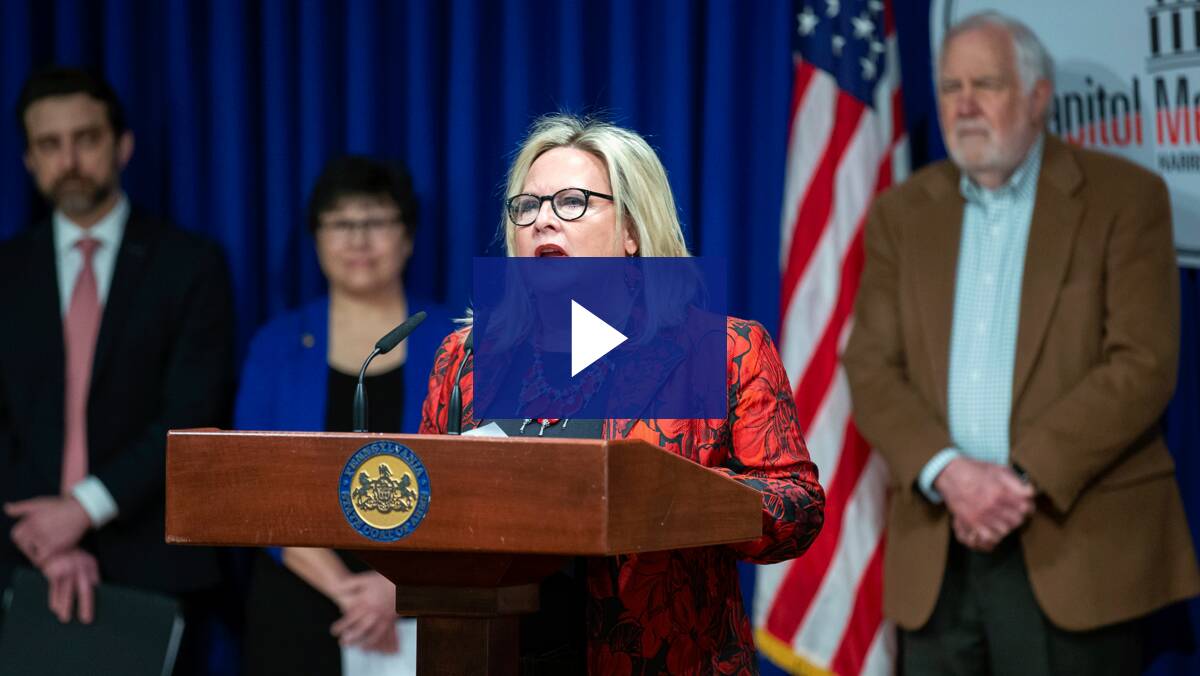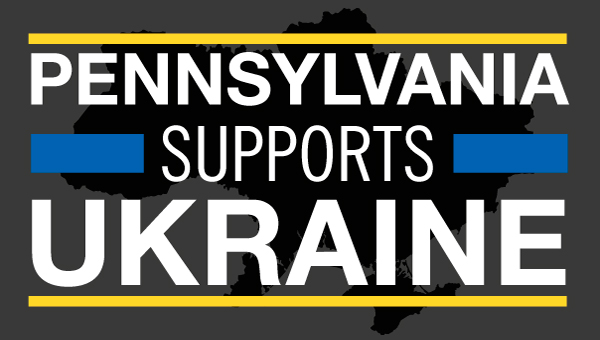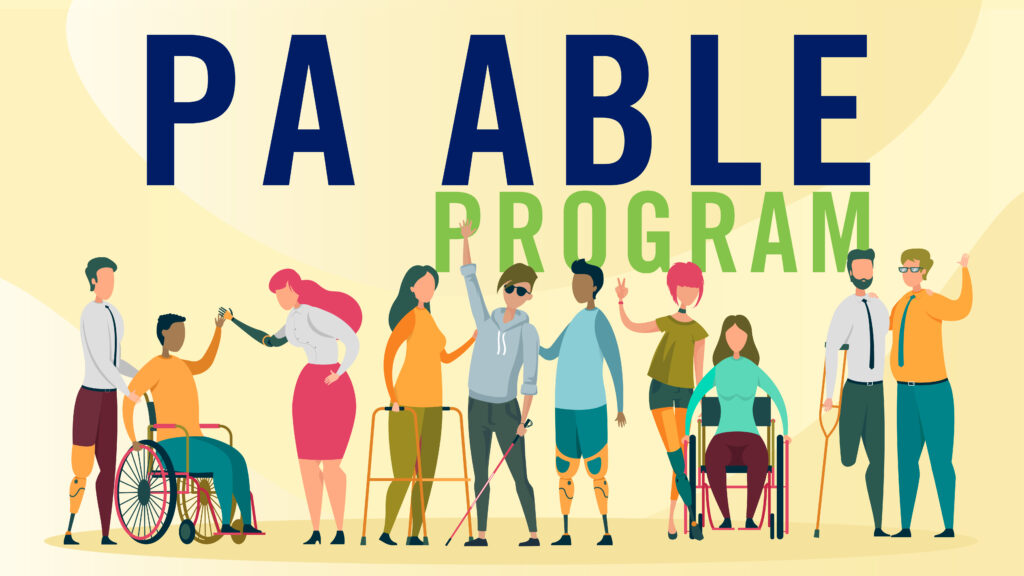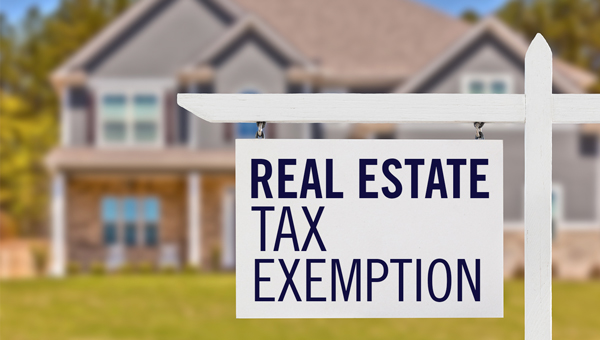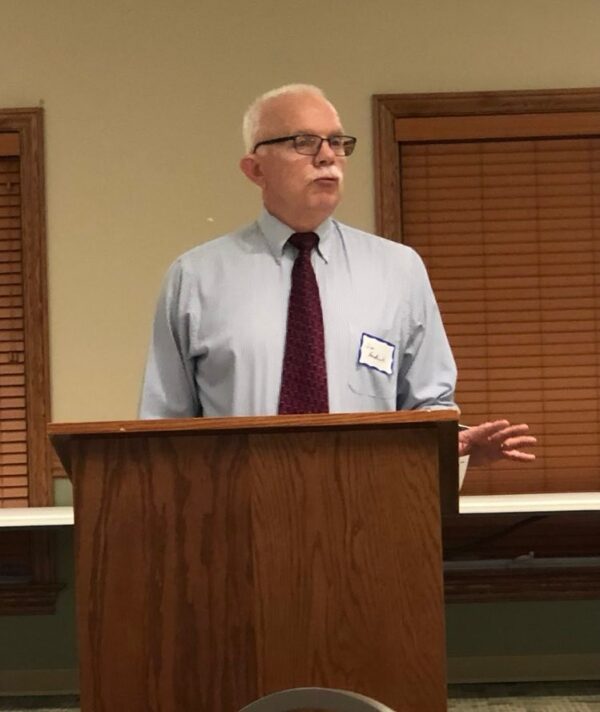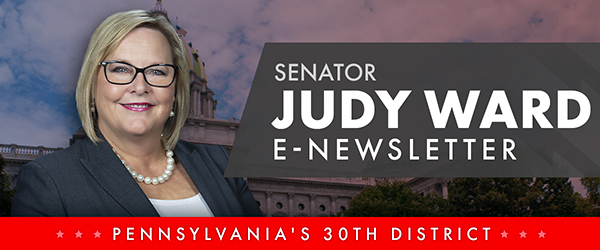
|
|||||
|
In this Update:
Call for Legislative Action on Rare Disease DayI called for legislative action on Monday, Feb. 28 – a date recognized across the world as Rare Disease Day – to expand access to medical treatments for residents living with rare medical conditions. My Senate Bill 196 would require health insurers and pharmacy benefit managers to help residents living with rare diseases maintain access to necessary, life-saving treatments. For patients with rare diseases and complex conditions, there are rarely, if ever, cheaper alternatives or low-cost generics. As a nurse, I sat with so many patients, parents, grandparents, siblings and caregivers affected by these conditions. Something like that never leaves you. I was joined by other members of the General Assembly’s Rare Disease Caucus and the Pennsylvania Rare Disease Advisory Council to bring awareness to more than 7,000 rare diseases that impact an estimated 1.2 million residents. About 95% of those conditions lack any known treatment. Can you imagine that? As a parent or as a patient, to know from the start of your diagnosis, you are fighting high treatment costs and tough financial decisions on top of a rare illness. That is why the work of the PA Rare Disease Advisory Council is so important and our collaboration with them is instrumental in amplifying the needs of the rare community. Senate Bill 196 and its companion legislation, House Bill 1664, await consideration in the General Assembly. Working with the PA Rare Disease Council and a coalition of patient organizations, I feel very confident that my colleagues on both sides of the aisle will help Pennsylvania’s rare disease community by making this part of their medical journey a little easier. Long-term Care Homes Face Medicaid Funding CrisisPennsylvania’s long-term care homes face a Medicaid funding crisis that threatens to reduce access for our neediest residents. At a Medicaid deficit of over $80 a day per resident, our long-term care facilities cannot wait much longer for relief. If this unsustainable trend continues these facilities may be forced to cut staff, remove beds, or even worse, close down all together. I support the request for an additional $294 million in the state’s 2022-23 budget to help reduce Medicaid nursing facility rates so that long-term care homes can focus on attracting a quality workforce and provide services to those in need. I am also drafting legislation that would direct the Joint State Government Commission to study the rising cost of long-term care facility personnel, the expertise and experience needed to work in those facilities, the current work environment for those employed and the level of care required by residents. Our long-term care facilities need help. My hope is that my legislation is a step in that direction. I understand the hardships that staff go through every day to care for their residents. I will continue to work with my colleagues in the Senate and House on legislation to provide this much-needed relief to this critical industry. Senate Hearings on Proposed State Budget: Week Two
The Senate Appropriations Committee continued public hearings this week on the proposed 2022-23 state budget. Gov. Tom Wolf proposed a $45.7 billion budget that would increase spending by $4.5 billion. Based on projections, this will create a $1.3 billion deficit in the following fiscal year and produce a $13 billion deficit by 2026-27. Among the highlights: At the hearing for the Attorney General’s Office, committee members discussed concerns with state government’s cyber security infrastructure. Last year, a data breach involving a Department of Health contractor exposed tens of thousands of Pennsylvanians’ personal information to hackers. The hearing also covered the latest stats from the Safe2Say Something anonymous threat reporting system for schools, as well as Philadelphia’s skyrocketing homicide rate. At the hearing for the Department of Community and Economic Development, members stressed the need to improve Pennsylvania’s economic standing, noting that the current Corporate Net Income Tax rate has prevented many businesses from relocating and investing in Pennsylvania. You can find information on other budget hearings, hearing video, livestreams and more at PASenateGOP.com. Pennsylvania Acts to Support Ukraine
Pennsylvania has the second-largest population of Ukrainian Americans in the nation, with more than 122,000. Pennsylvania government is planning several responses to Russia’s invasion of Ukraine in order to deny funds to Russia and show solidarity with Ukrainians. Treasurer Stacy Garrity said the Treasury had started to divest its holdings in Russian-based companies. The Pennsylvania School Employees’ Retirement System is gathering details about its exposure to Russian-related investments and could divest in a few weeks. In addition, the Pennsylvania Liquor Control Board is reviewing its inventory and is expected to stop selling vodka made in Russia. To keep Russia in check in the long term, we must reassert America’s energy independence. Increasing domestic energy production and exports to European countries will go a long way toward reducing Russian influence and denying the regime the funds it needs to make war. Assistance for Home Septic Repairs, Sewer Hook-ups
Low-interest loans are available to eligible Pennsylvania homeowners who need to repair or replace their on-lot septic system or connect to a public sewer. The assistance can help homeowners avoid or respond to municipal citations and improve the environmental health of their property. Loan terms are up to 20 years (up to 15 years for manufactured homes). There is no prepayment penalty if the loan is paid off early. The maximum loan amount is $25,000. The program is administered by the Pennsylvania Infrastructure Investment Authority, Pennsylvania Housing Finance Agency and Pennsylvania Department of Environmental Protection. You can find more information and terms here. PA ABLE Helps Families Save for Disability-Related Expenses
In 2016, the General Assembly passed the Achieving a Better Life Experience (ABLE) Act and created PA ABLE accounts that give individuals with qualified disabilities, their families and friends a tax-free way to save for disability-related expenses, while maintaining government benefits. Administered by the Pennsylvania Treasury, the accounts allow people with disabilities and their families the opportunity to save up to $100,000, without affecting eligibility for important government benefits, such as Supplemental Security Income or Medicaid. The withdrawals from the accounts for qualified expenses related to an individual’s disabilities are also considered exempt from federal and state taxes, and the accounts are not subject to Pennsylvania’s inheritance tax. To learn more about how you might be able to save money with the program, the Pennsylvania Treasury is hosting free webinars, with the next one for individuals with disabilities, families and professionals scheduled for Tuesday, April 19 from 6-7 p.m. Disabled Veteran Real Estate Tax Exemption
Pennsylvania veterans with a financial need who served during a period of war and are 100% disabled could benefit from a state real estate tax exemption program. An applicant whose gross annual income exceeds $95,279 will be considered to have a financial need for the exemption if allowable expenses exceed household income. You can find details about eligibility here. Contact your local County Veterans Affairs Director to apply for this program. “Grants 101” Webinar: Make Your Environmental Improvement Project Happen
A DEP grant can help your organization, municipality, business, or farm in Pennsylvania be more energy efficient, convert to clean transportation, restore your local stream, reduce erosion, prepare for climate change, help lower air pollution, teach kids or adults about environmental challenges and solutions, or improve your environment in other ways. If you have an idea for an environmental improvement project for your community or business, let DEP help you make it happen. Watch DEP Grants 101, a new webinar geared to help first-time applicants submit their best application possible. Michele Devaney, Director of the DEP Grants Center, and John Brakeall, Regional Coordinator in the DEP Environmental Justice Office, discuss:
You’ll also learn about seven DEP grant programs: Alternative Fuels Incentive, Coastal Zone Management, Driving PA Forward, Environmental Education, Growing Greener, Section 319 Watershed, and Small Business Advantage grants. “DEP Grants 101” was offered as a live webinar in December, and staff from the grant programs were on hand to answer many questions—maybe yours! Out and About in the 30th
This week I participated in the South Central Counties and Boroughs Association annual meeting where Jim Hudack, Blair County Social Services Director, spoke on the Blair County Demolition Fund.
Congratulations to Central Pennsylvania Digital Learning Foundation (CPDLF) on the opening of its new location inside the Logan Valley Mall. The new location will provide a center for students in K-12 who are enrolled into CPDLF’s online learning program to come together and receive in-person assistance with their schoolwork. |
|||||
|
|||||



Want to change how you receive these emails? 2025 © Senate of Pennsylvania | https://senatorjudyward.com | Privacy Policy |
